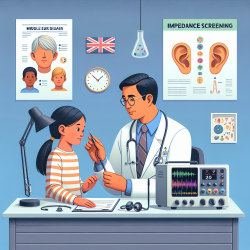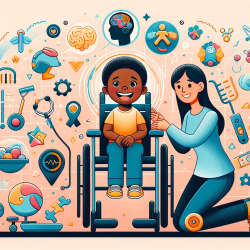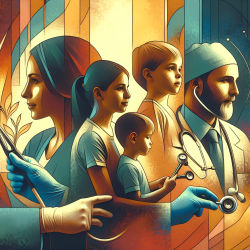The tragic events of September 11, 2001, left an indelible mark on the world. For those directly affected by the World Trade Center Disaster (WTCD), the aftermath has been a complex journey of physical and mental recovery. A recent qualitative study published in PloS Currents offers critical insights into the long-term impacts on those injured during this catastrophic event. This blog post delves into these findings and provides actionable strategies for practitioners to improve their skills in supporting disaster survivors.
The Long-Term Impact on Survivors
The study conducted by Gargano, Gershon, and Brackbill (2016) involved in-depth interviews with individuals enrolled in the World Trade Center Health Registry. It revealed six major themes affecting the quality of life for those injured on 9/11:
- Concurrent Traumatic Exposure: Many survivors experienced both physical injuries and psychological trauma from witnessing death and destruction.
- Sub-Optimal Medical Care: Participants reported delays and inadequacies in receiving both immediate and long-term medical and mental health care.
- Poor Ongoing Health Status: Survivors faced chronic health issues, functional limitations, and disabilities.
- Lifestyle Alterations: The disaster significantly impacted their daily lives and ability to enjoy previously pleasurable activities.
- Lack of Social Support: Many felt isolated, with limited social networks to rely on for emotional support.
- Economic Strain: Financial difficulties were common due to medical expenses and loss of livelihood.
Strategies for Practitioners
The findings underscore the need for comprehensive support systems for disaster survivors. Here are some strategies practitioners can implement based on the study's outcomes:
- Enhance Trauma-Informed Care: Incorporate trauma-informed practices into therapy sessions to address both physical and psychological wounds effectively.
- Promote Social Support Networks: Encourage participation in support groups or community activities to reduce isolation and foster connection among survivors.
- Advocate for Timely Medical Intervention: Work with healthcare providers to ensure that survivors receive prompt medical care and follow-up services.
- Elicit Resilience through Therapy: Focus on building resilience by helping clients find meaning in their experiences and encouraging post-traumatic growth.
- Pursue Further Research: Stay informed about ongoing studies related to disaster recovery to continually refine therapeutic approaches.
The role of practitioners is crucial in aiding the recovery process for those affected by disasters like 9/11. By integrating these strategies into practice, therapists can provide more effective support and improve outcomes for their clients.
If you're interested in exploring this topic further, I encourage you to read the original research paper: Quality of Life of Persons Injured on 9/11: Qualitative Analysis from the World Trade Center Health Registry.










